In Japan, big corporate groups like SMBC Group, Mitsubishi Corporation, and J-Power will face an unprecedented number of climate resolutions filed by shareholders. These resolutions are being filed because shareholders and investors want the companies they invest in to have a clear pathway to achieving net-zero emissions by 2050, in line with Japan’s commitment to be a carbon-neutral, decarbonized society in just 28 years. Climate resolutions in the last two years at other Japanese megabanks won huge support from investors (23% at Mitsubishi UFJ Financial Group and 34.5% at Mizuho Financial Group ). This trend shows a huge segment of total investors are ready to take action in line with climate-concerned shareholders and drive dialogue and decisions on corporate climate action.
At its Annual General Meeting (AGM) on 29 June, SMBC Group investors have a chance to vote on a shareholder resolution on climate targets. It asks the bank to set and disclose short- and medium-term greenhouse gas (GHG) emission reduction targets for its financed emissions and to put in place measures to ensure no contribution to new fossil fuel development. The resolution is collectively filed and supported by 350.org Japan, Kiko Network, Market Forces and Rainforest Action Network. By supporting the resolution, SMBC Group investors will not only protect themselves against financial and reputational risks but also show their support for meaningful corporate climate action.
Mitsubishi Corporation, Japan’s largest trading company, will be voting on shareholder proposals on climate change on 24 June at its AGM. The shareholder resolutions co-filed by Friends of the Earth Japan, Kiko Network, and Market Forces call on Mitsubishi to adopt and disclose short- and medium-term GHG emission reduction targets aligned with the climate goals of the Paris Agreement. This iconic company has been the subject of many civil society campaigns. Mitsubishi Corporation is heavily investing in building new and expanding existing liquid natural gas (LNG) projects, such as the Udabari gas field in Indonesia and the LNG terminal in Port Qasim, Pakistan. These projects are facing criticism from environmental groups and are being rejected by the relevant local communities in which these projects will have a direct detrimental impact. Mitsubishi Corporation is violating the rights of the impacted communities and is creating reputational risks for its investors. With enough support from investors on these shareholder resolutions, Mitsubishi Corporation will have to align its policies with its publicly declared climate commitments.
Three institutional investors, along with the Australasian Centre for Corporate Responsibility, have filed climate resolutions at Japan’s largest coal power operator, J-Power’s AGM. J-Power operates more coal-fired power stations than any other Japanese company and produces 6% of Japan’s GHG emissions. While the company intends to achieve carbon neutrality by 2050, its policies and targets are not meaningfully aligned with the goals of the Paris Agreement. The company’s current decarbonisation strategy lacks detail and relies upon high-cost coal-based technologies such as ammonia co-firing. These approaches present significant financial risks and technical uncertainties.
Hundreds of investors — worth US$70 trillion — have signed up for various climate initiatives such as Climate Action 100+, the Net Zero Asset Managers Initiative and the Net Zero Asset Owners Alliance. The upcoming AGMs of SMBC, Mitsubishi and J-Power offer opportunities for such investors to land a strong message that net-zero pledges mean nothing without publicly declaring medium-term and long-term climate goals.
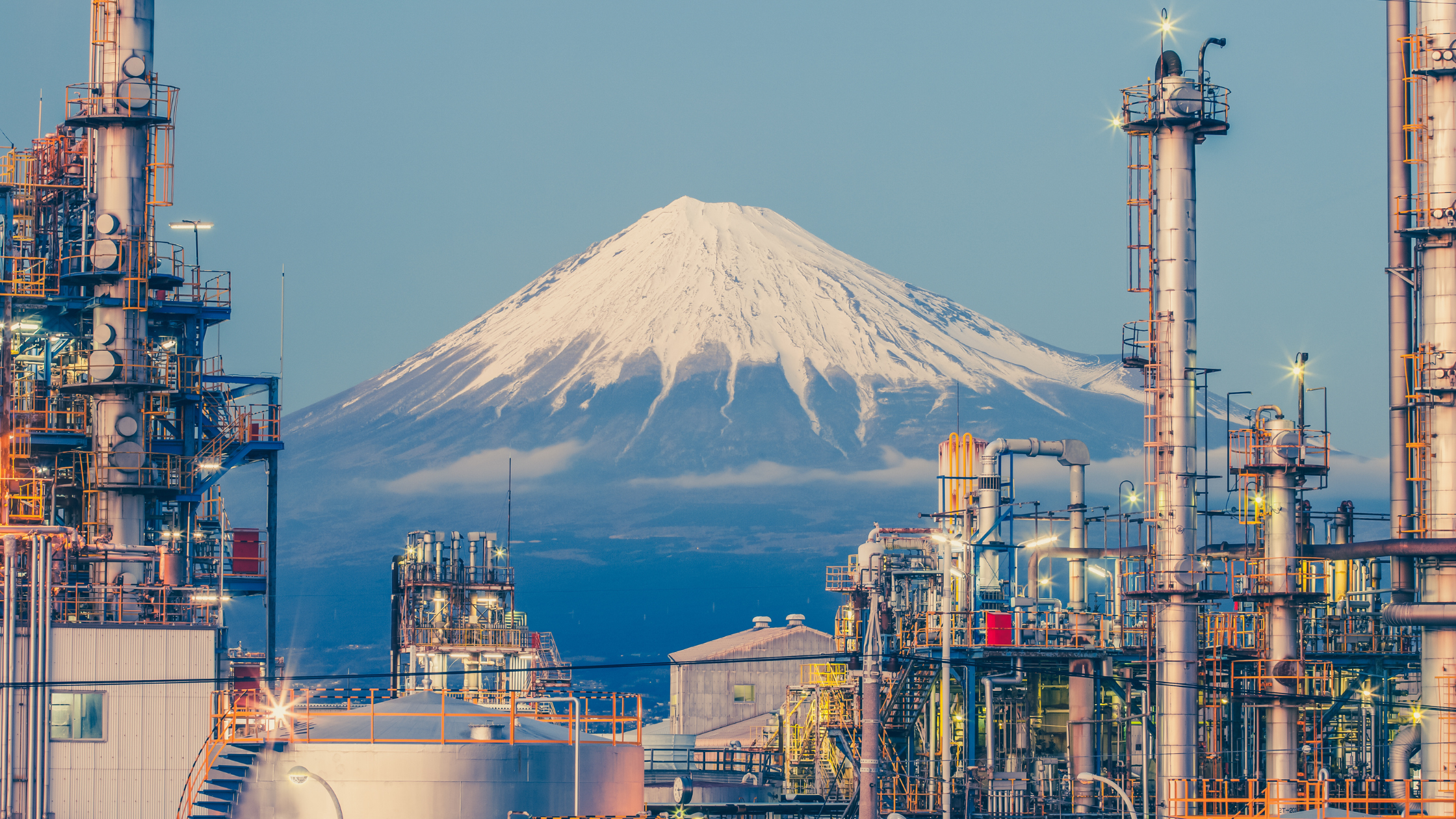

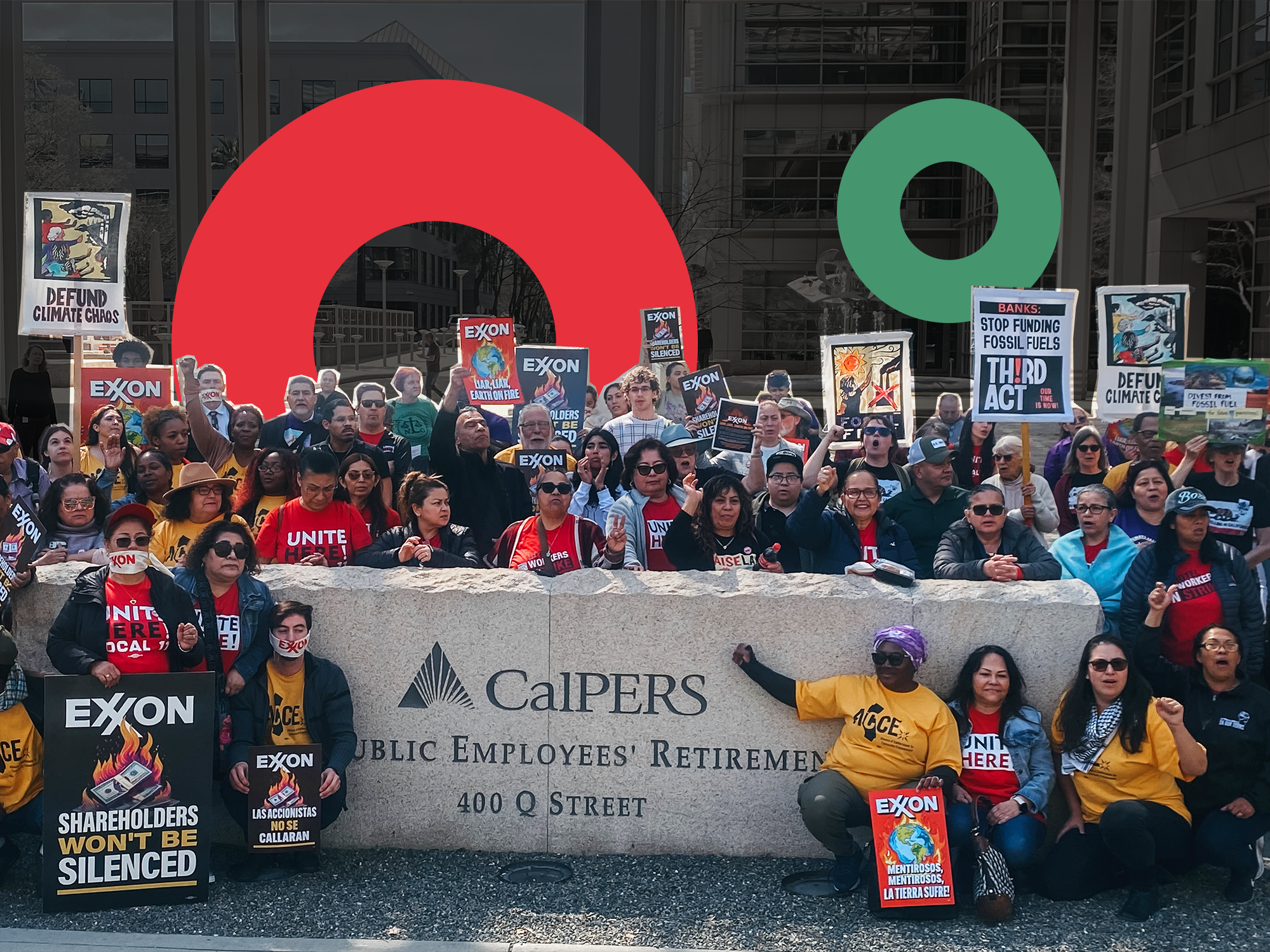

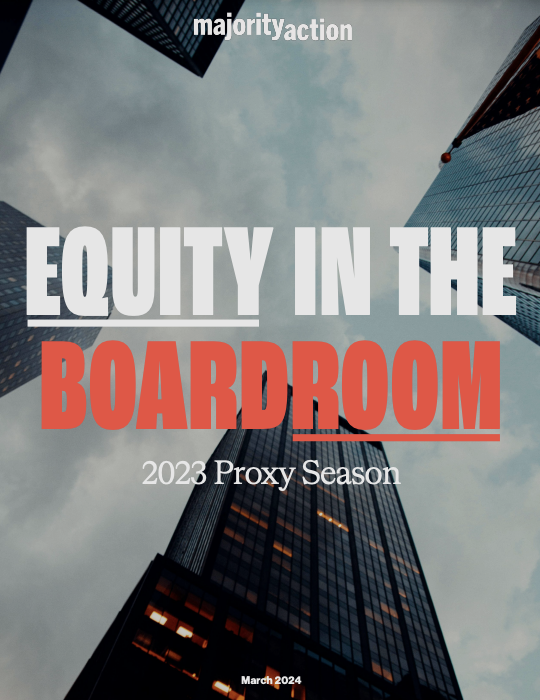

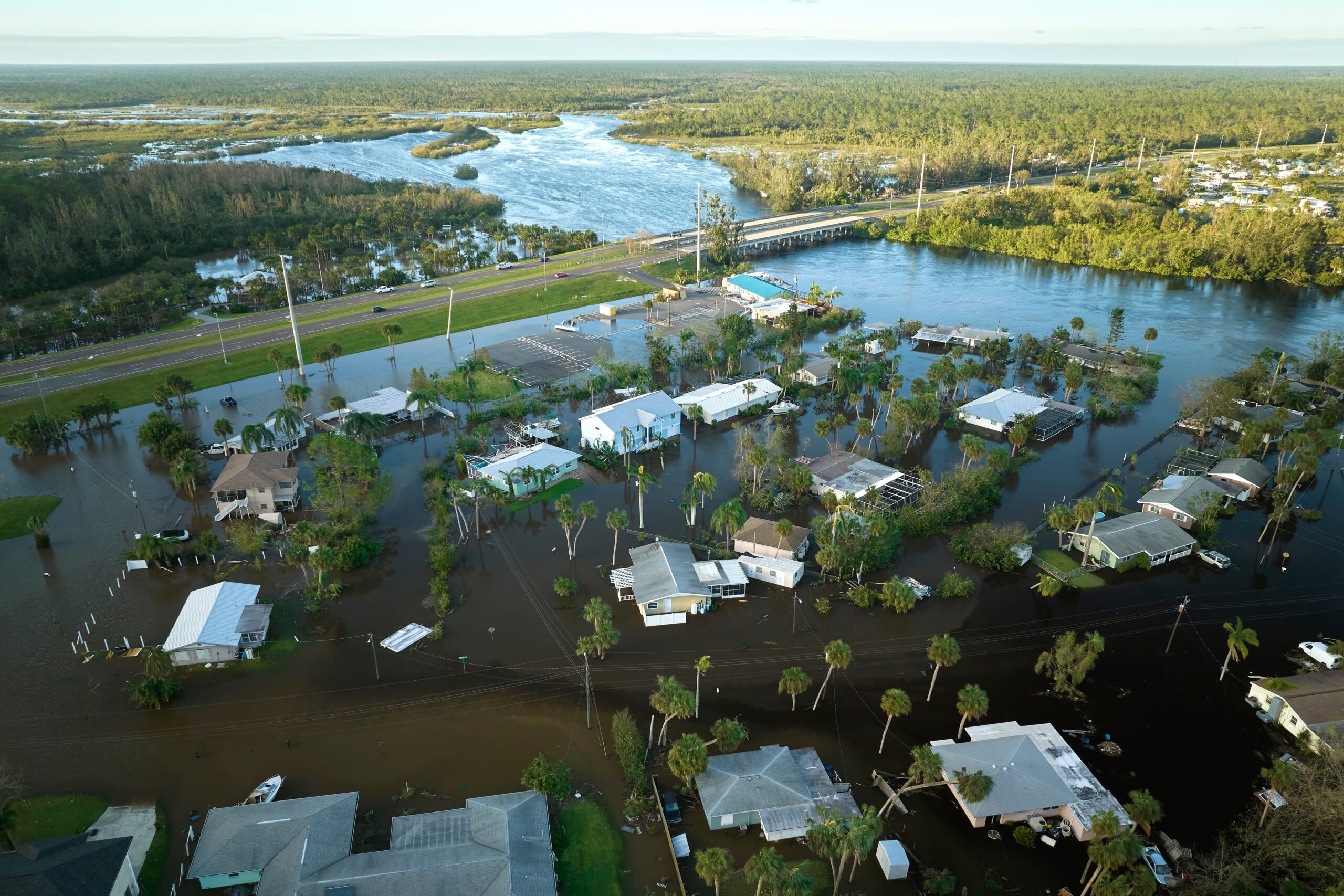
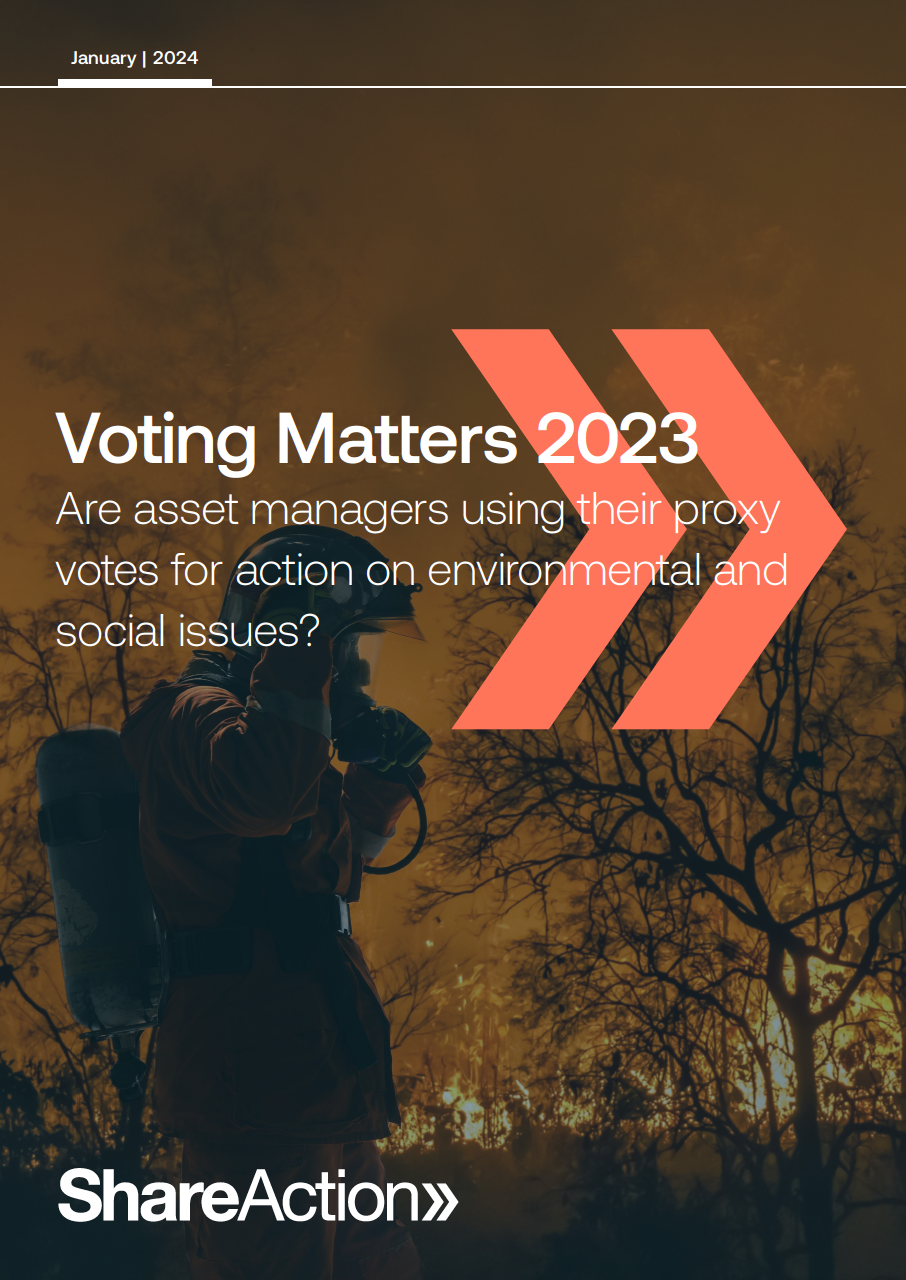

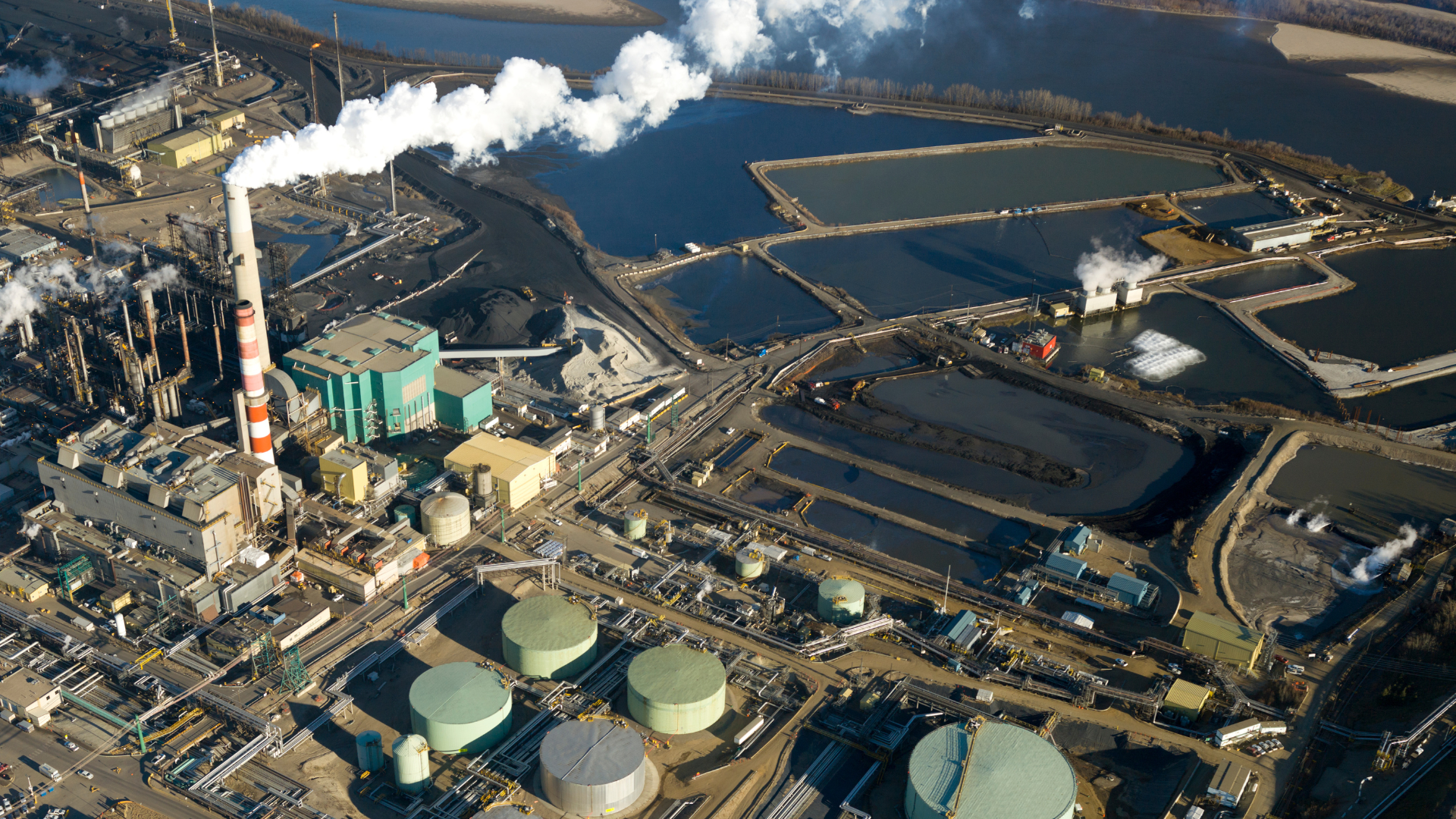
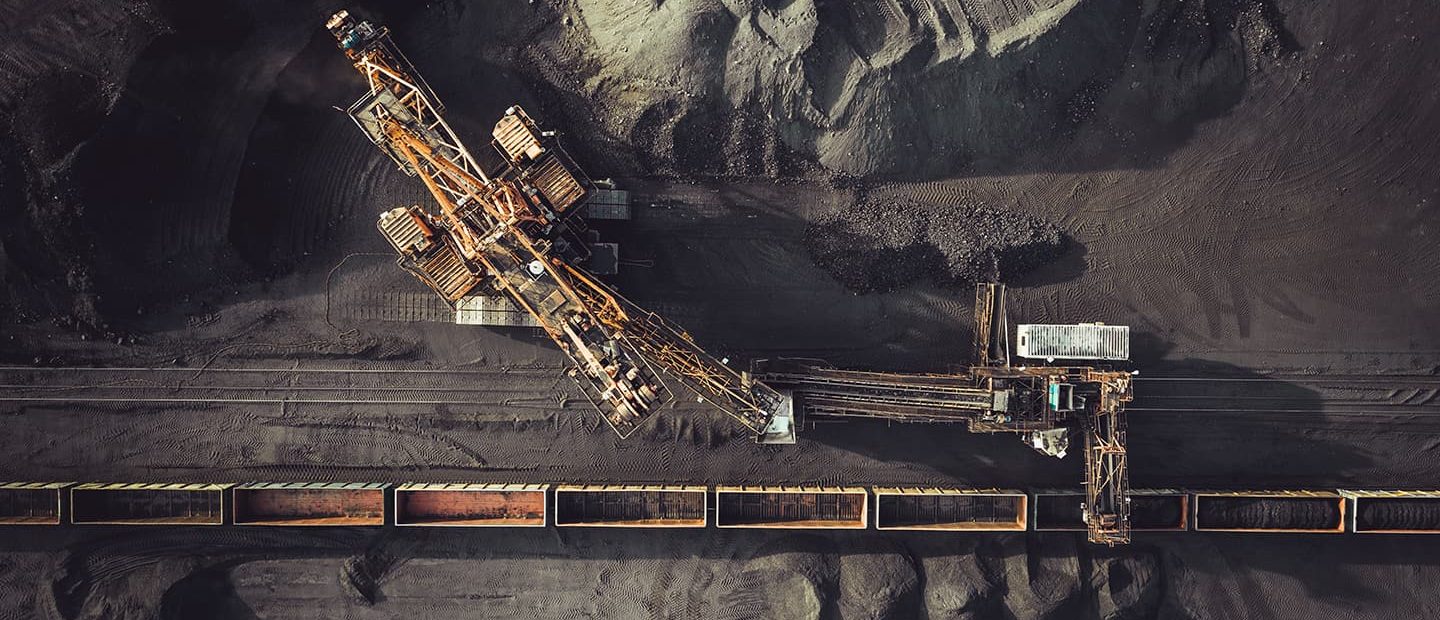
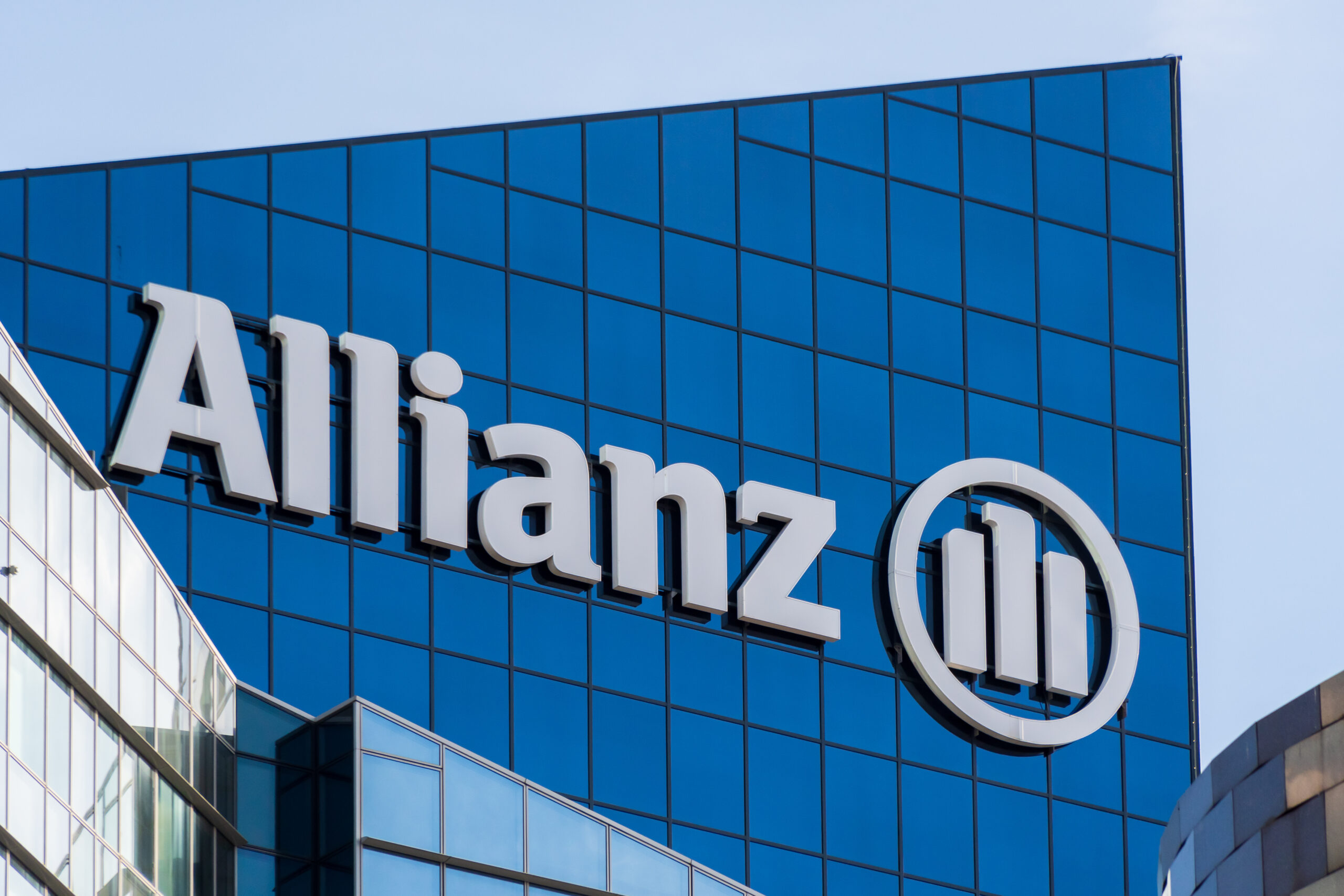


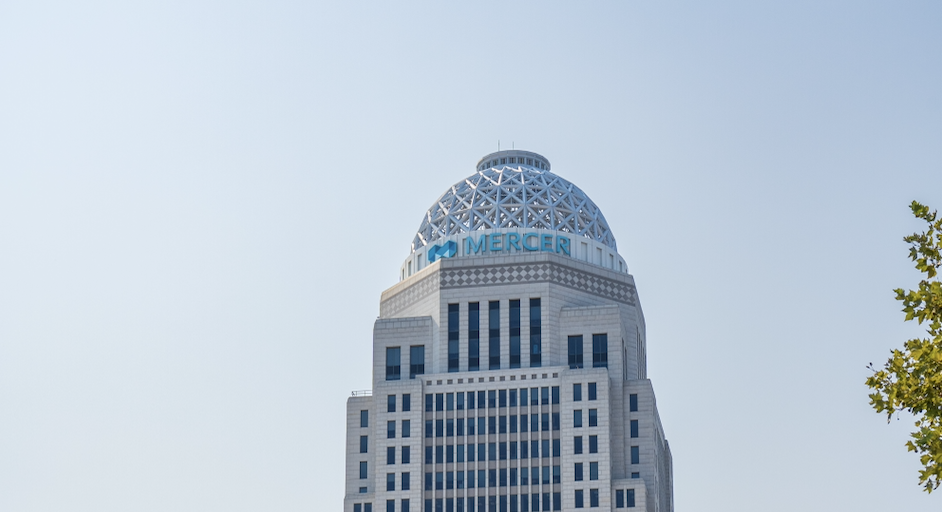

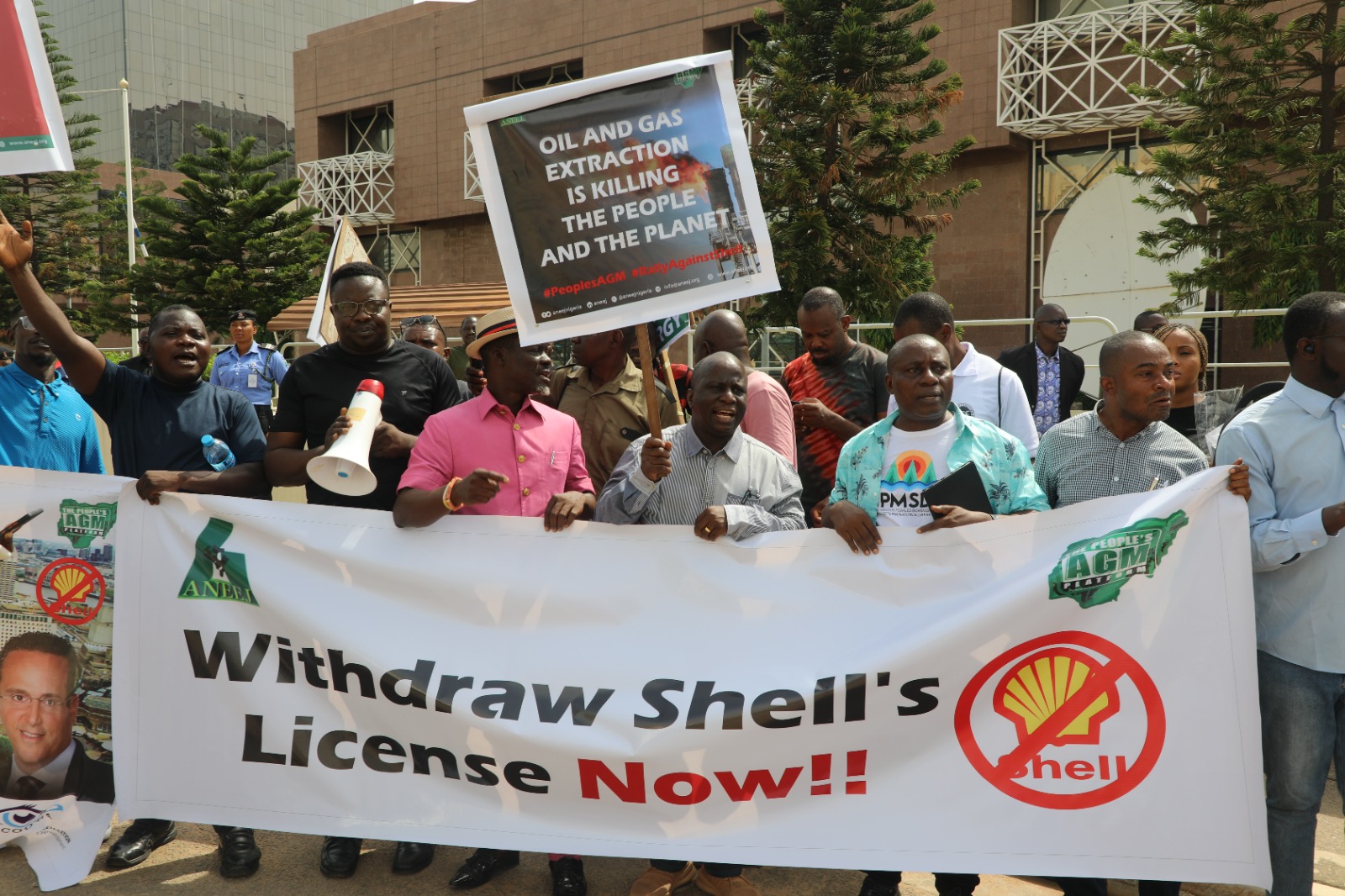
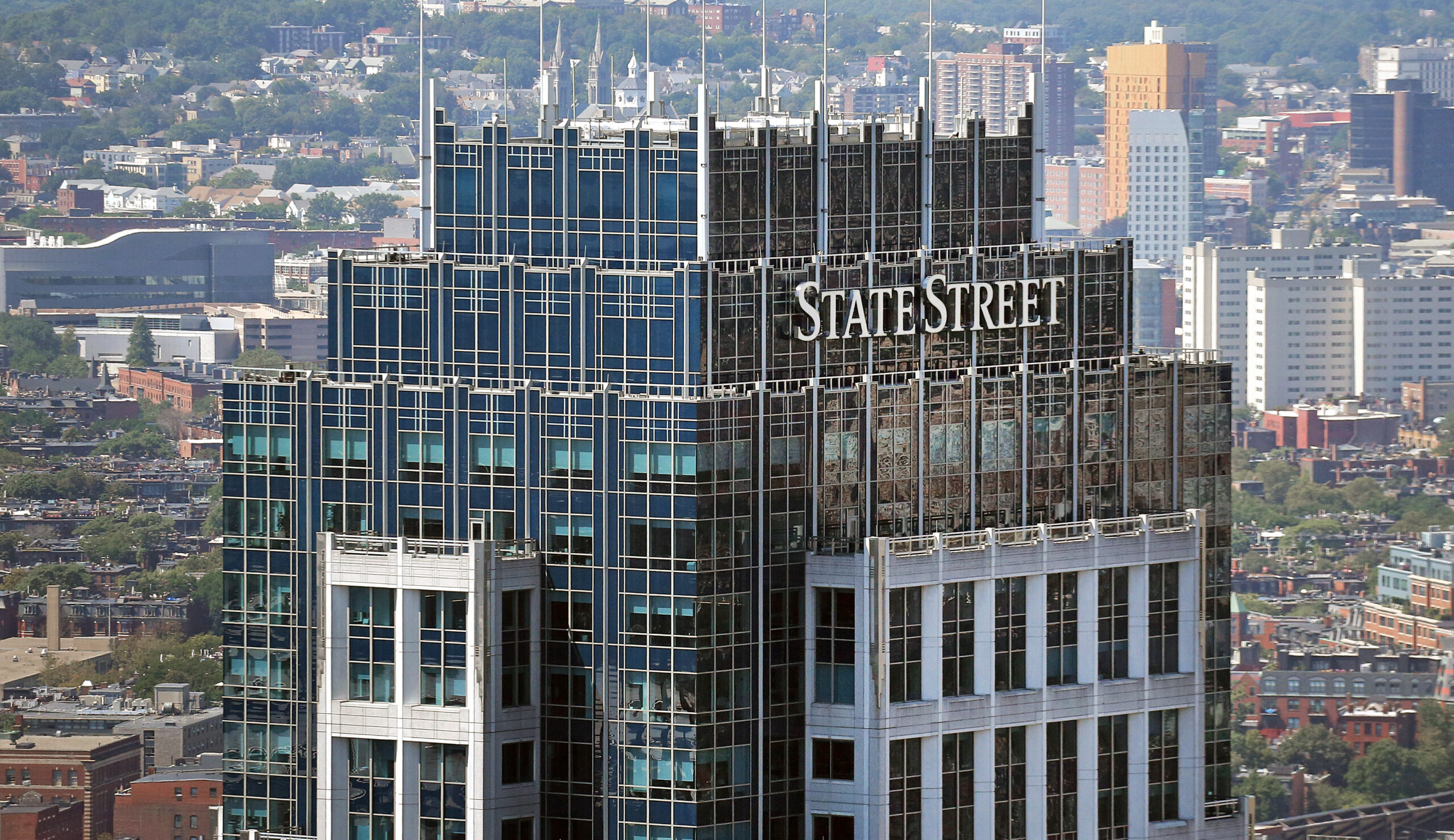
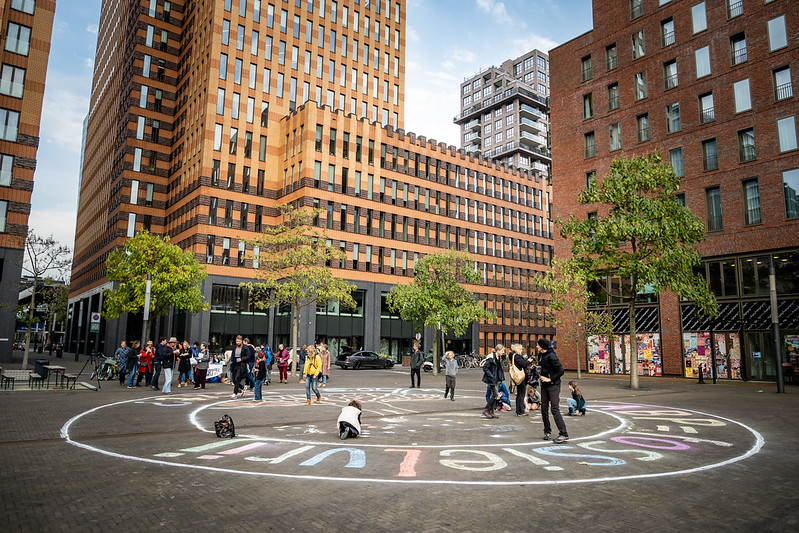
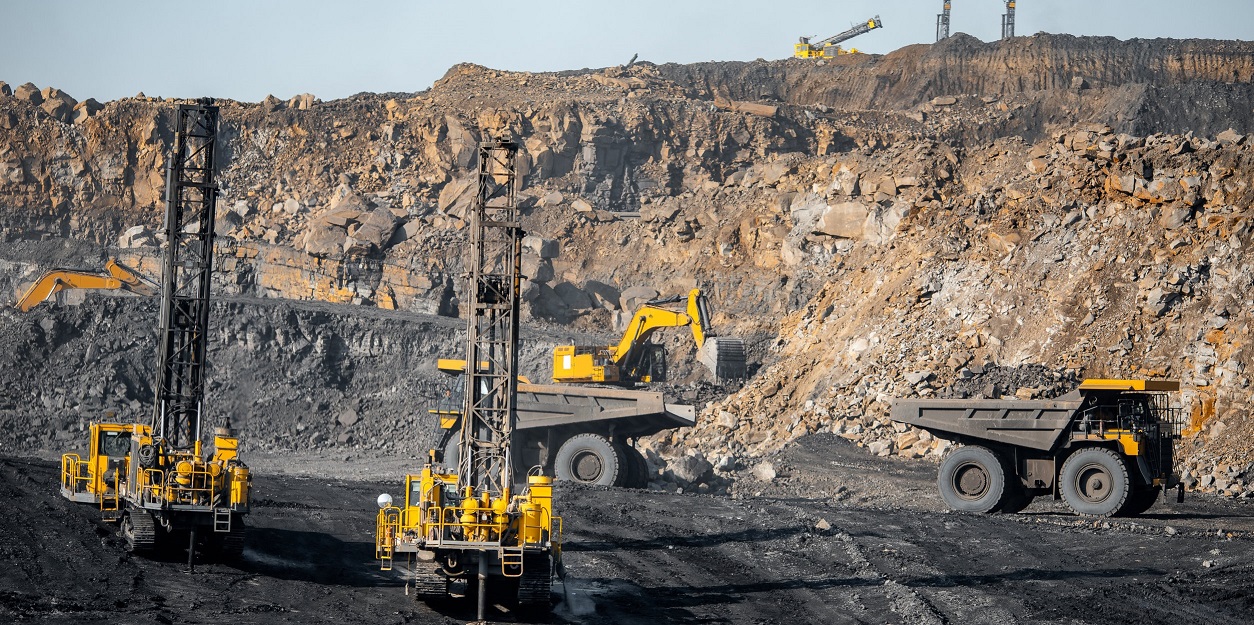

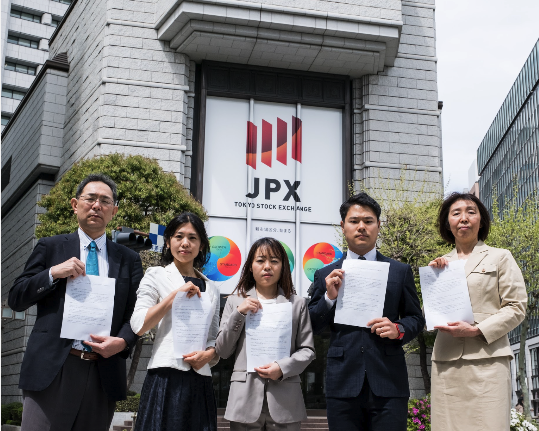



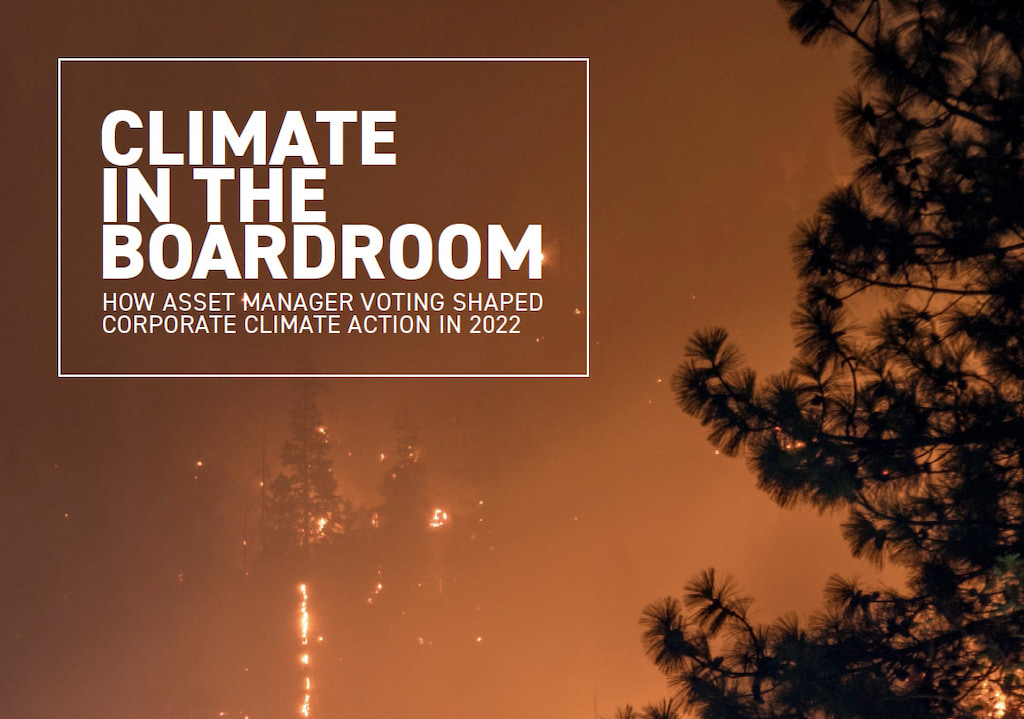


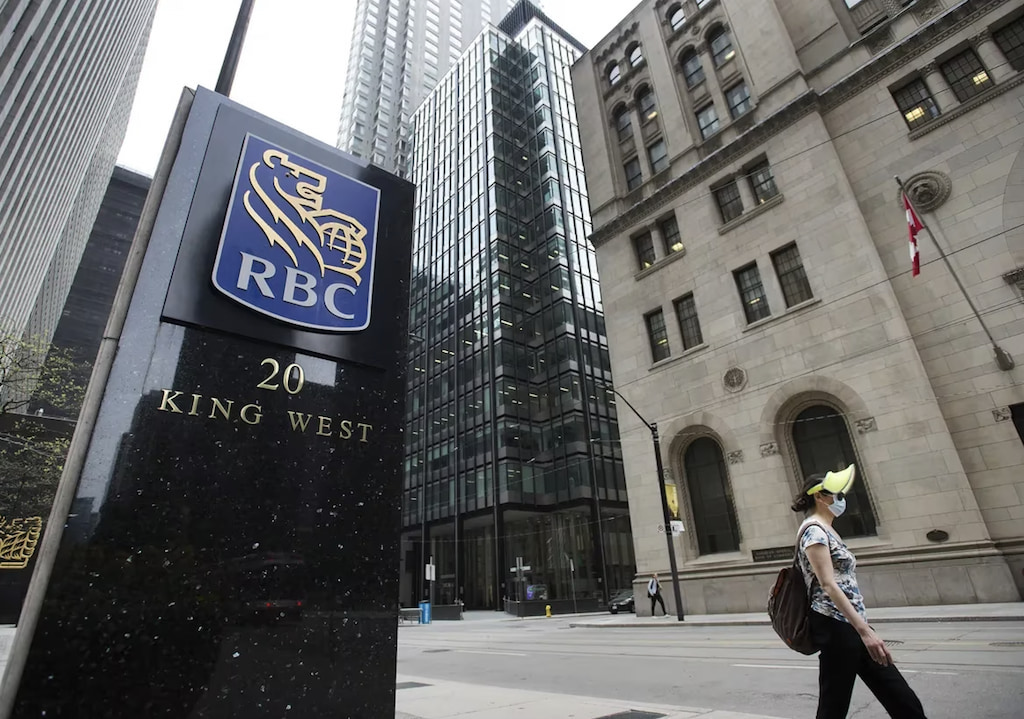



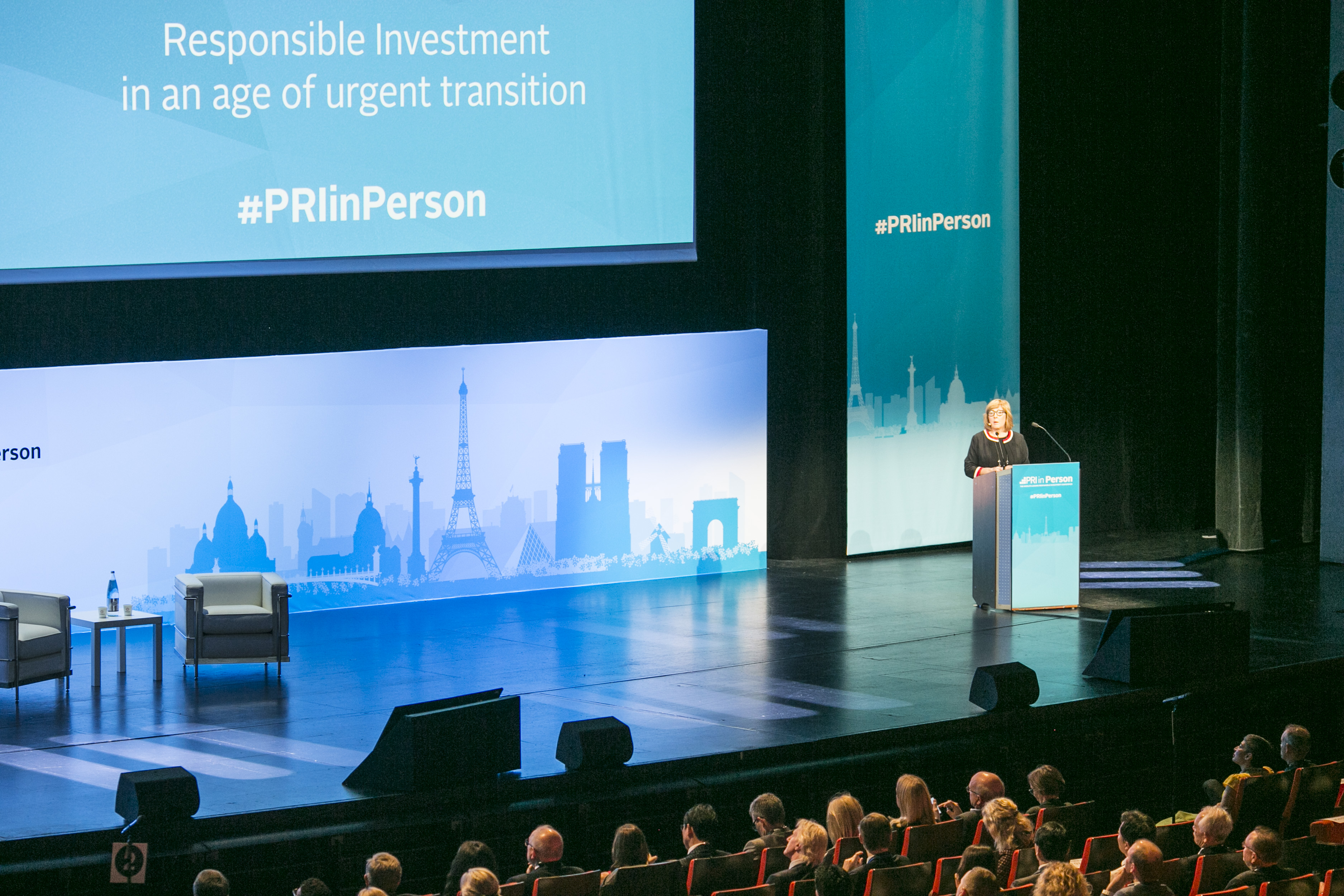
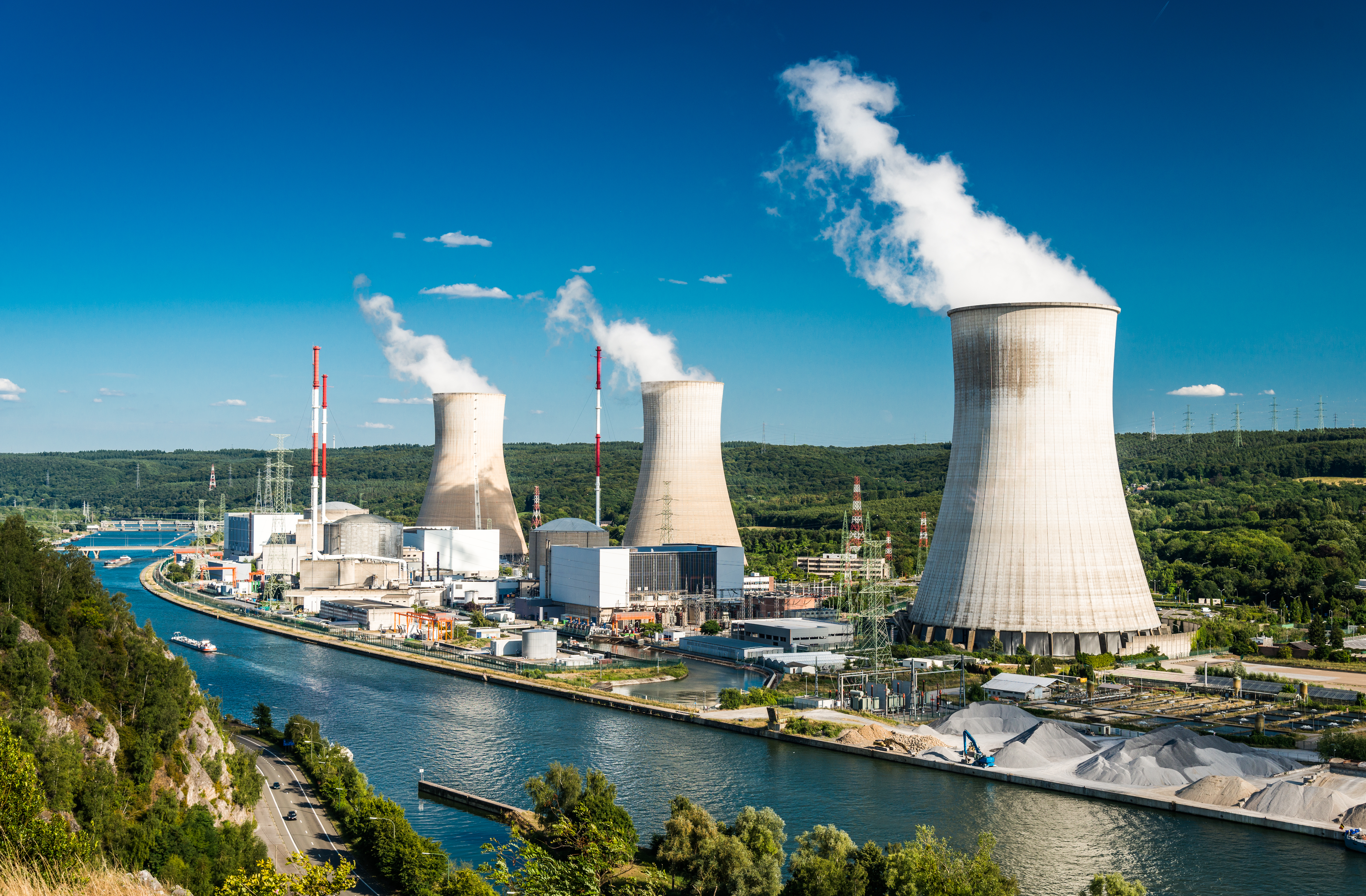





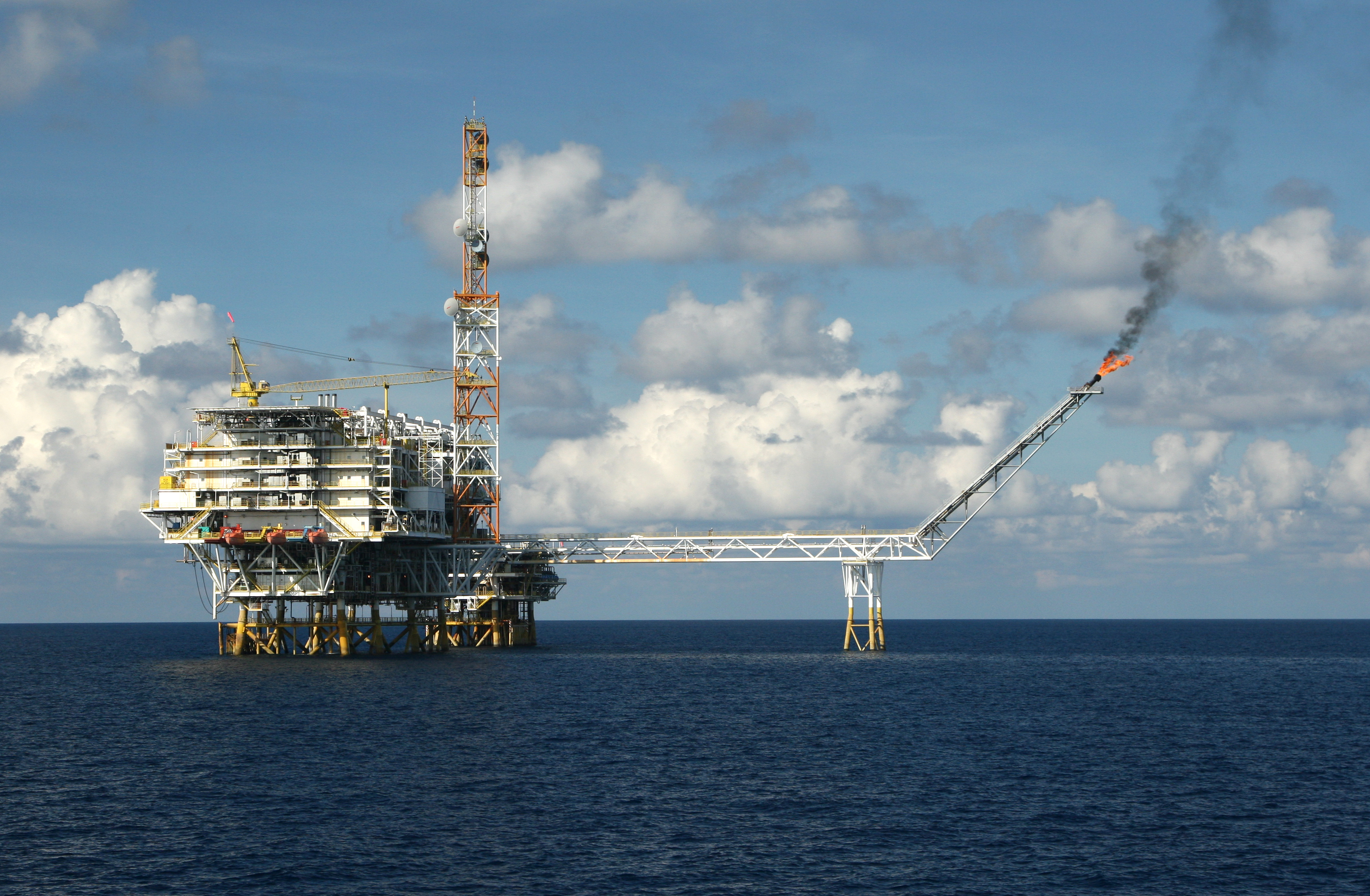
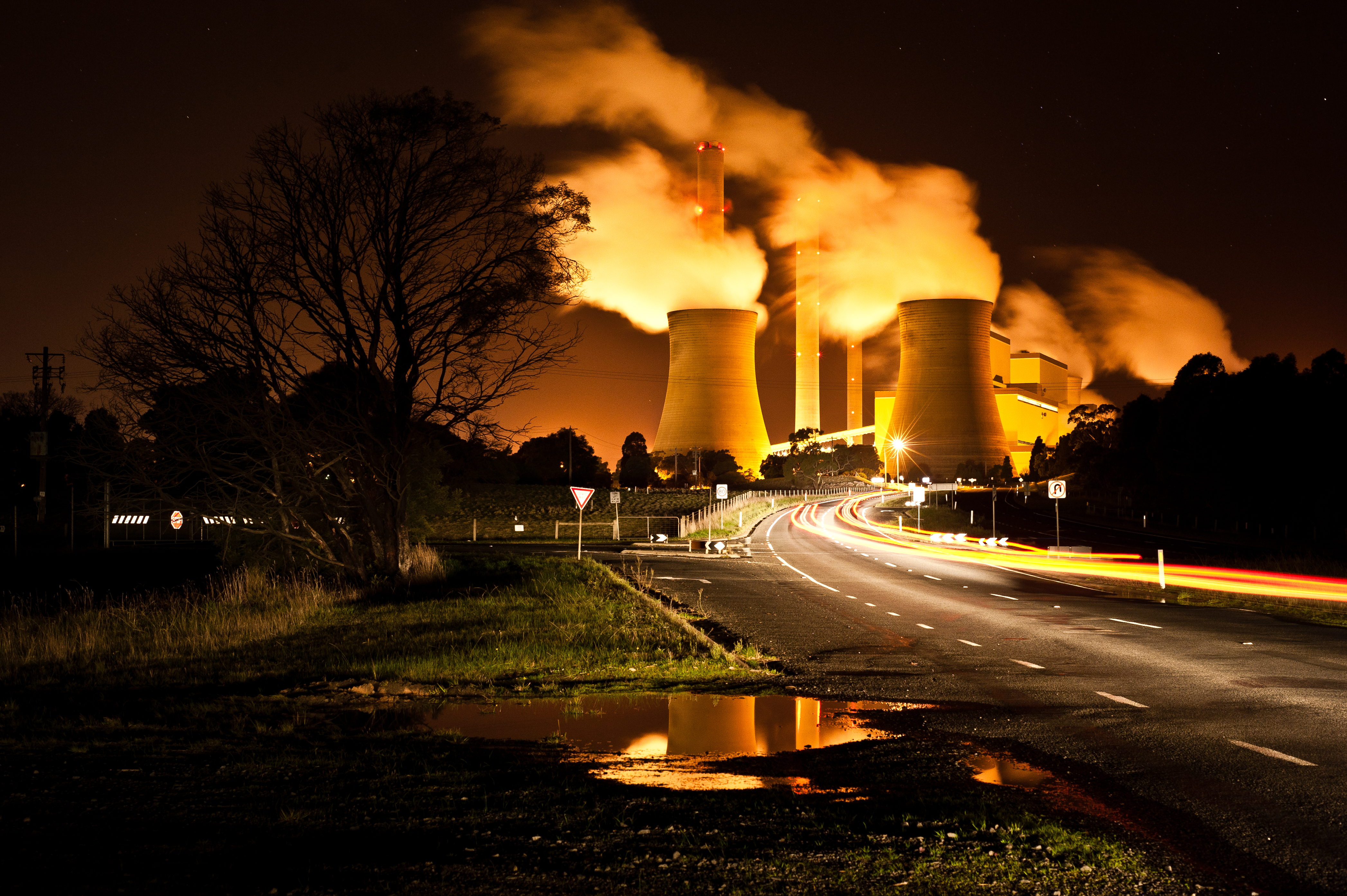
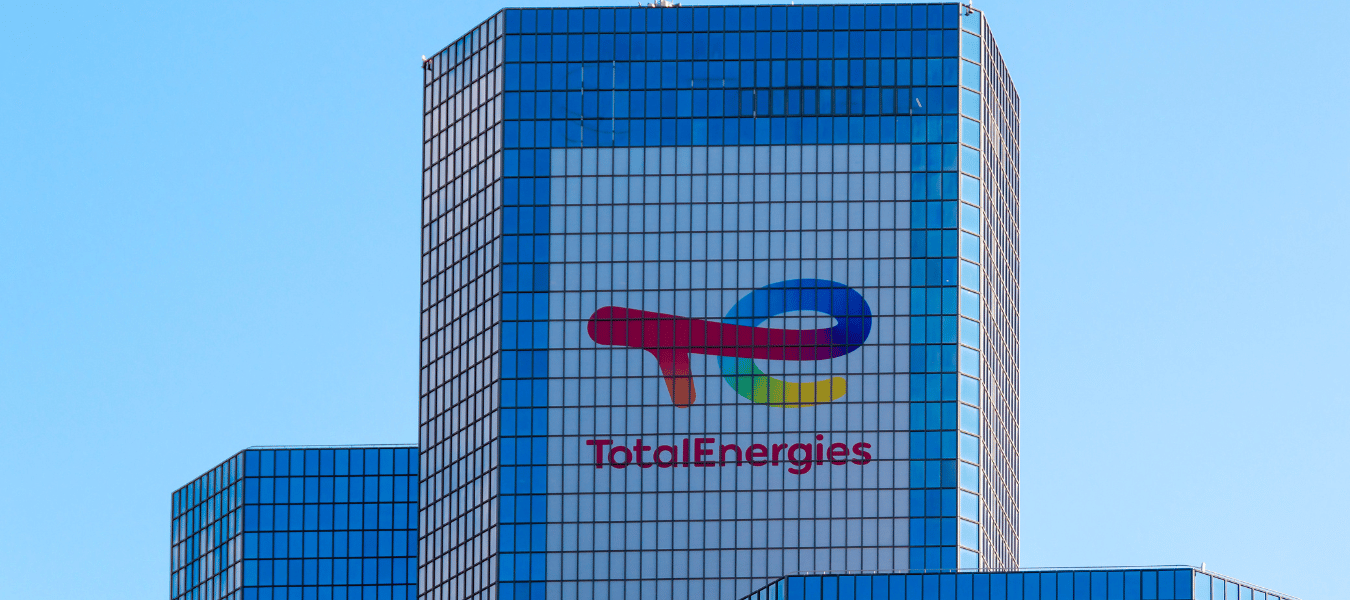









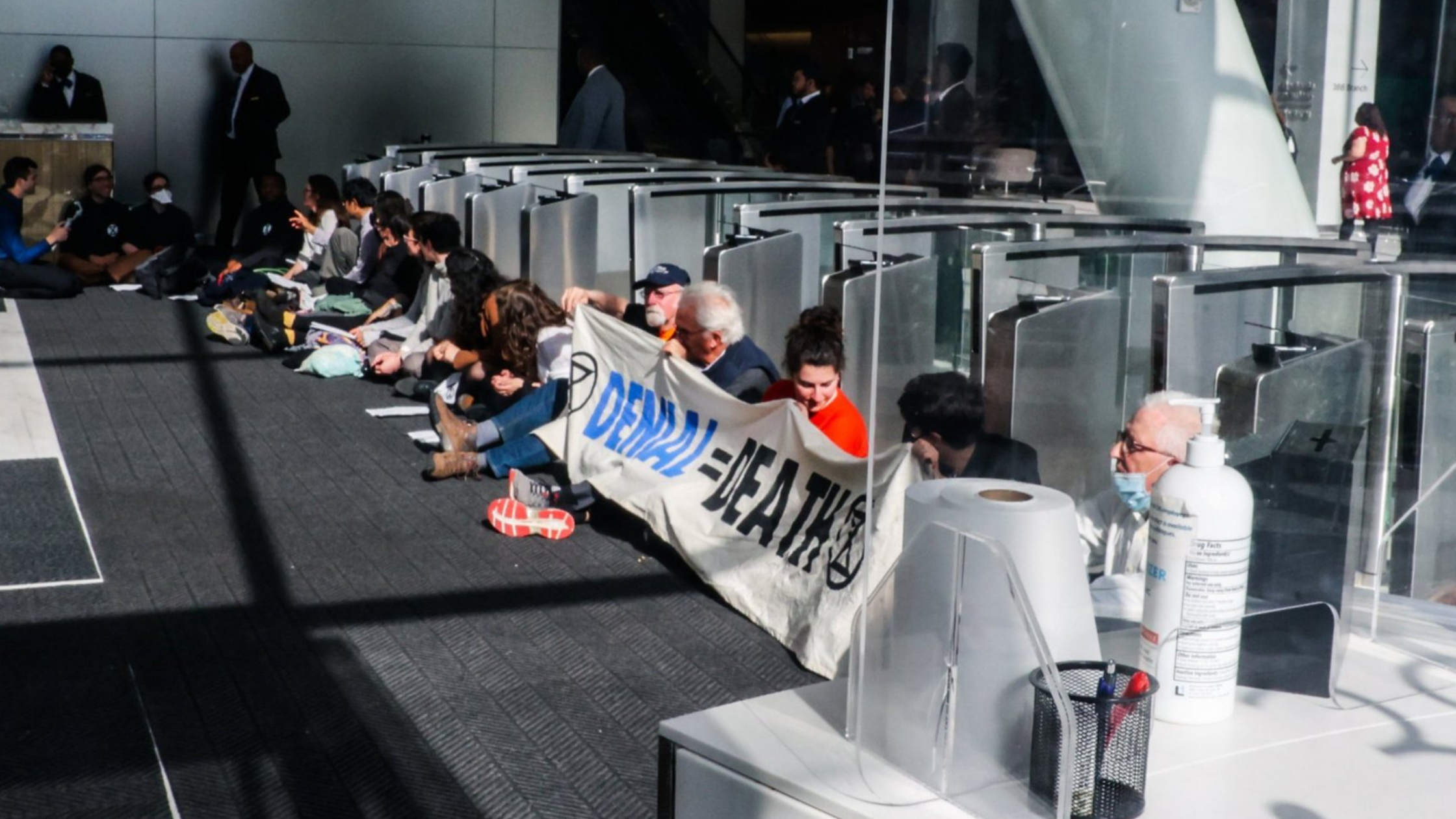





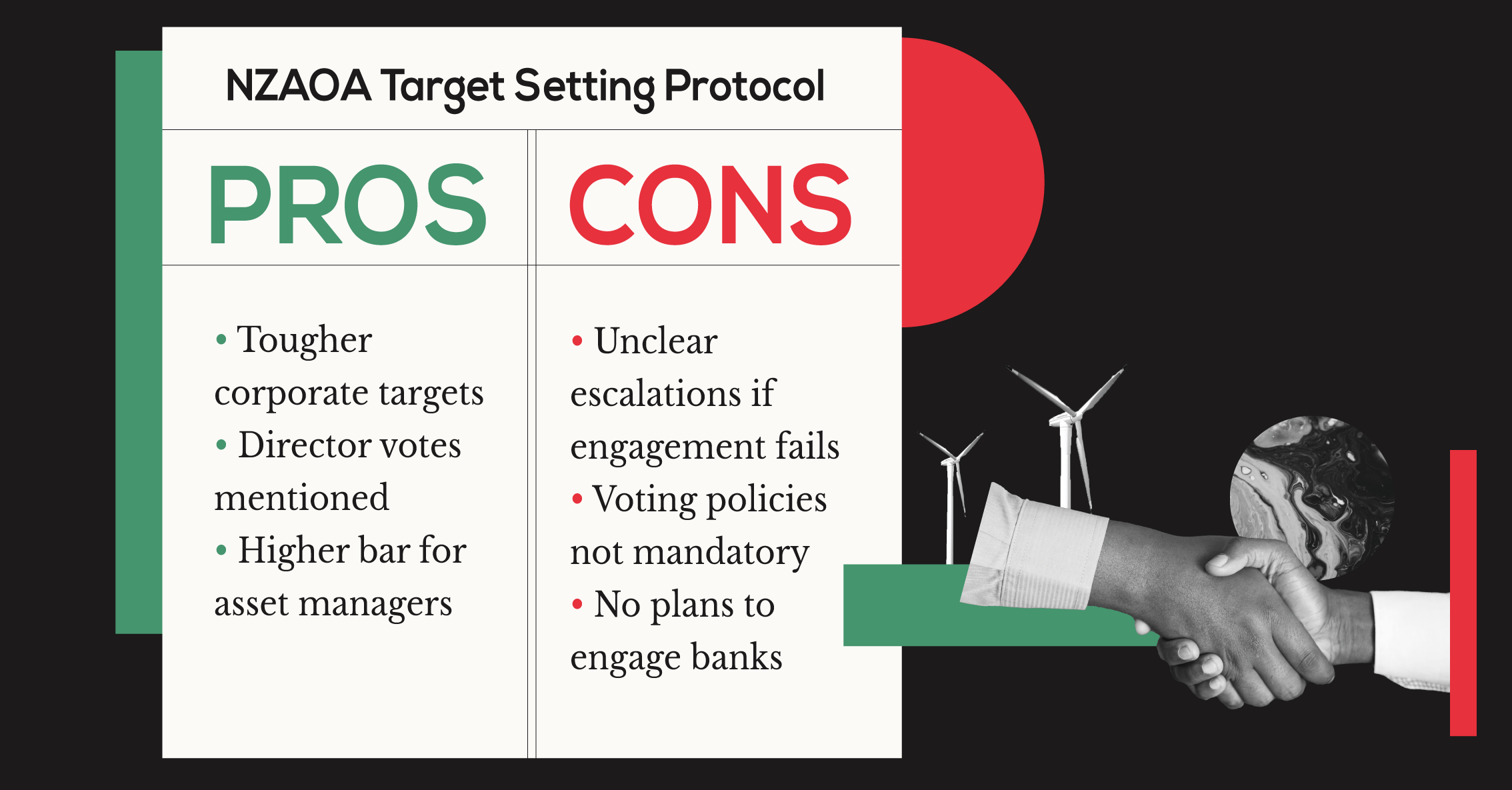
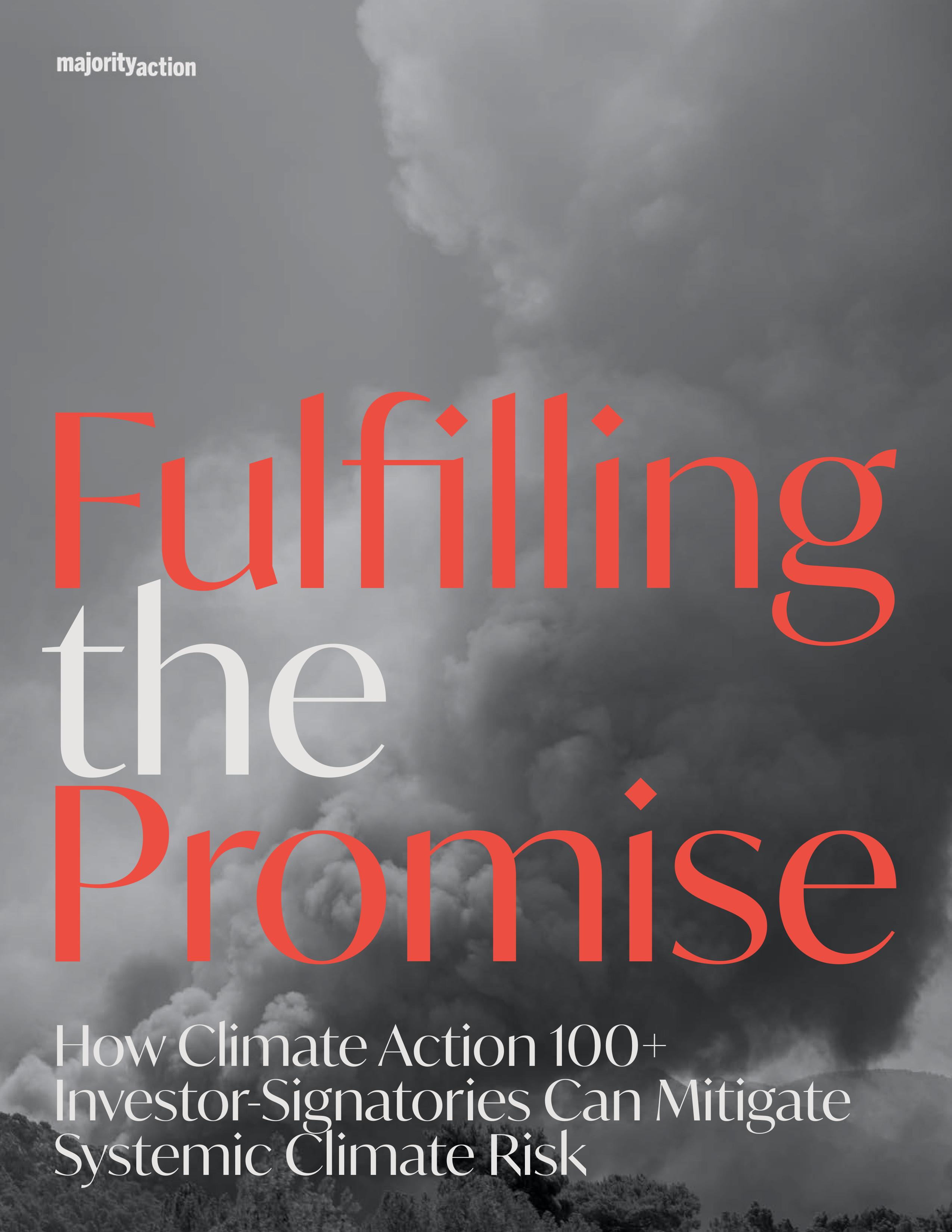


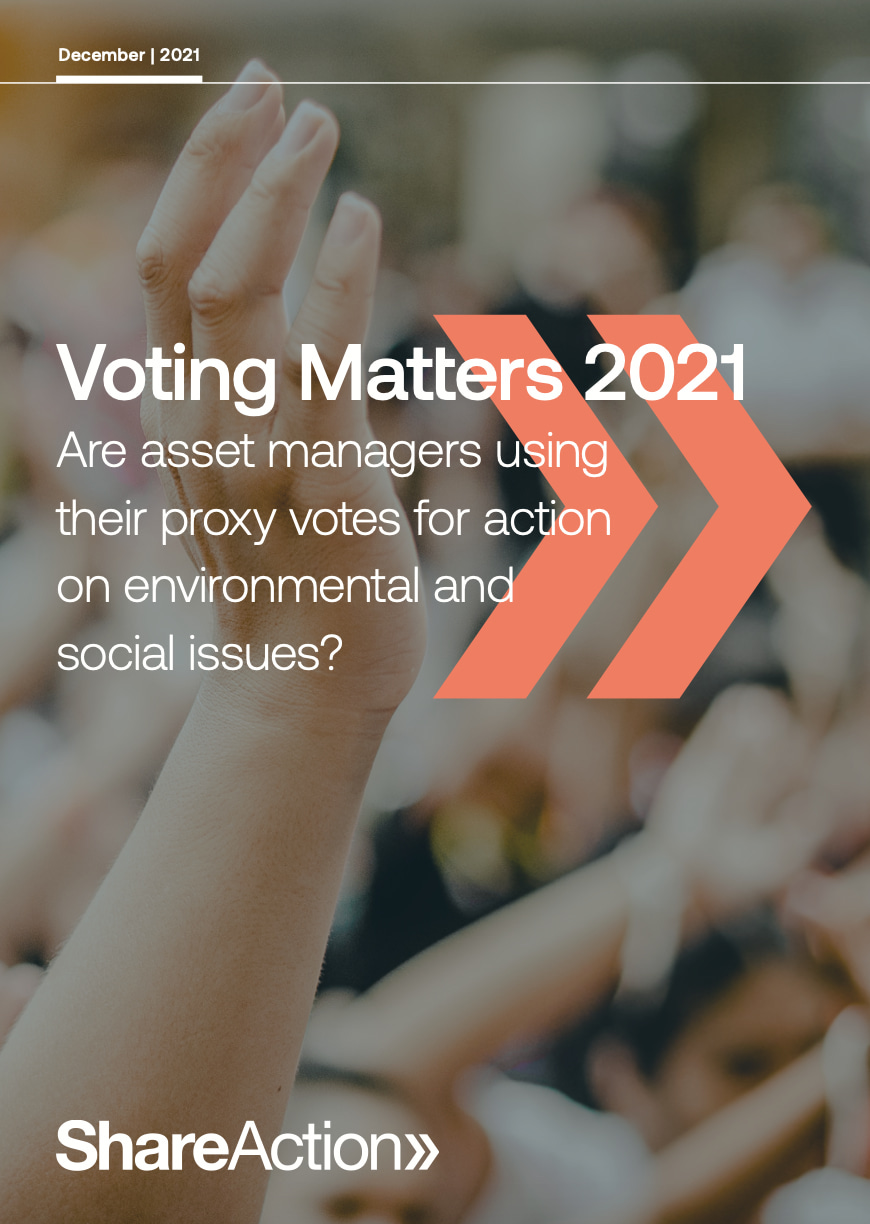
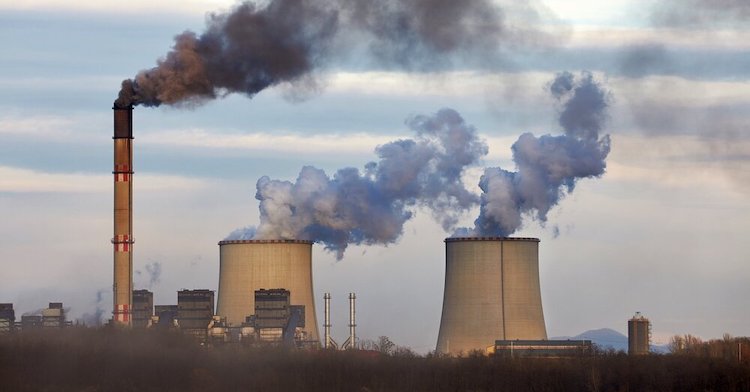
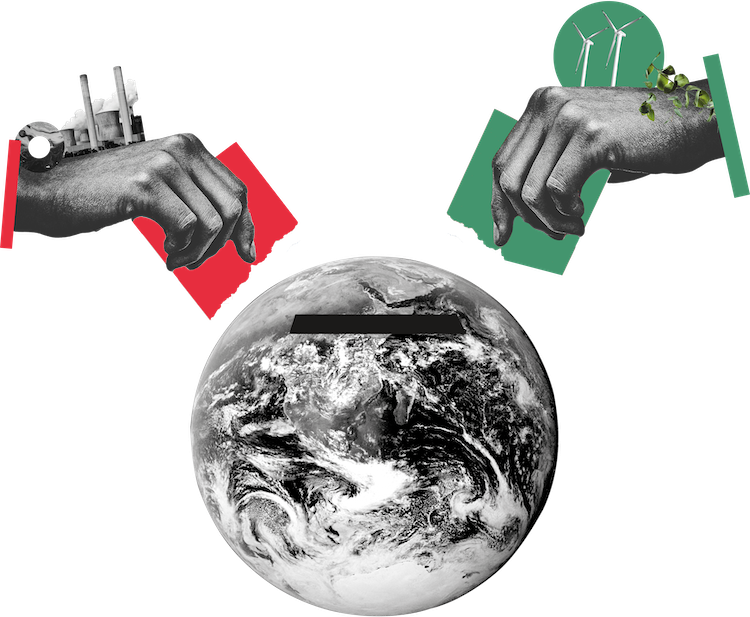

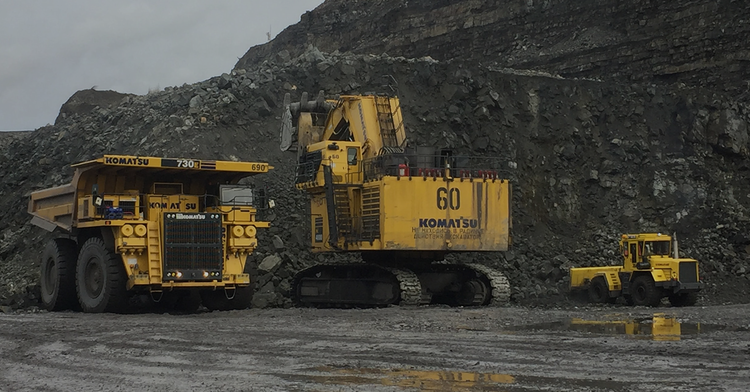
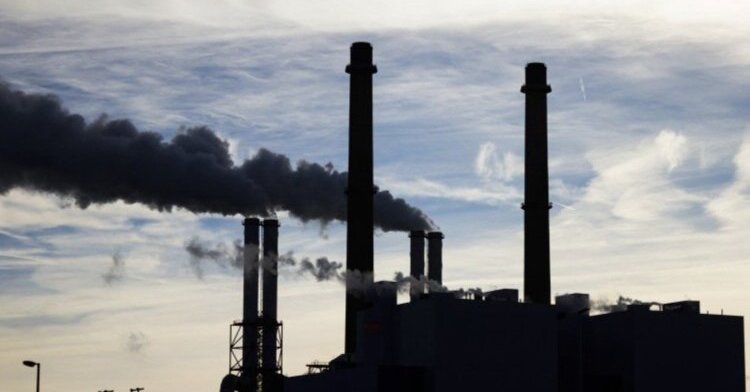
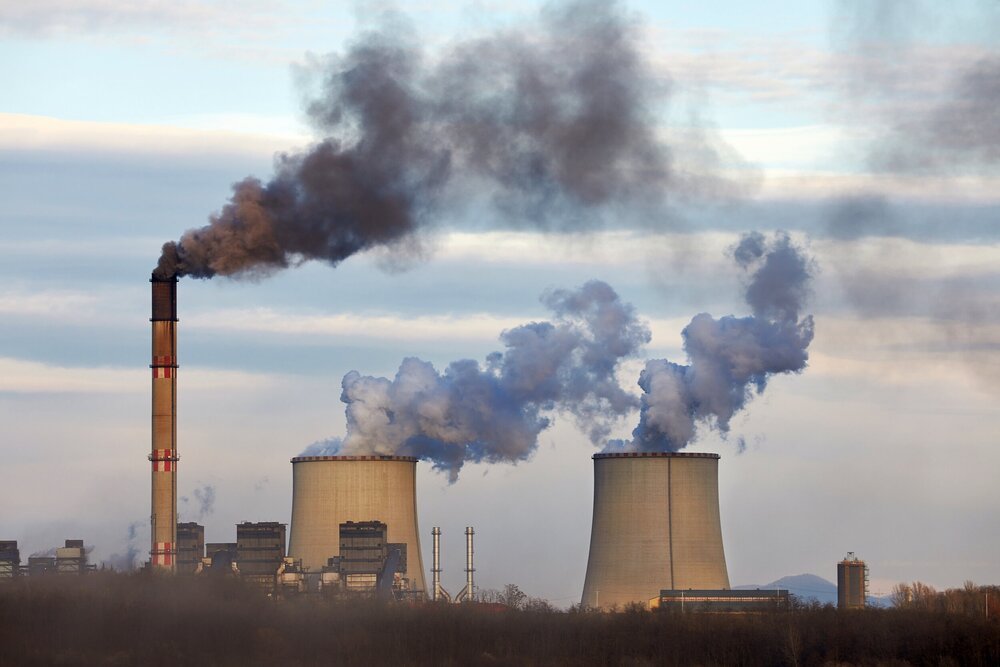
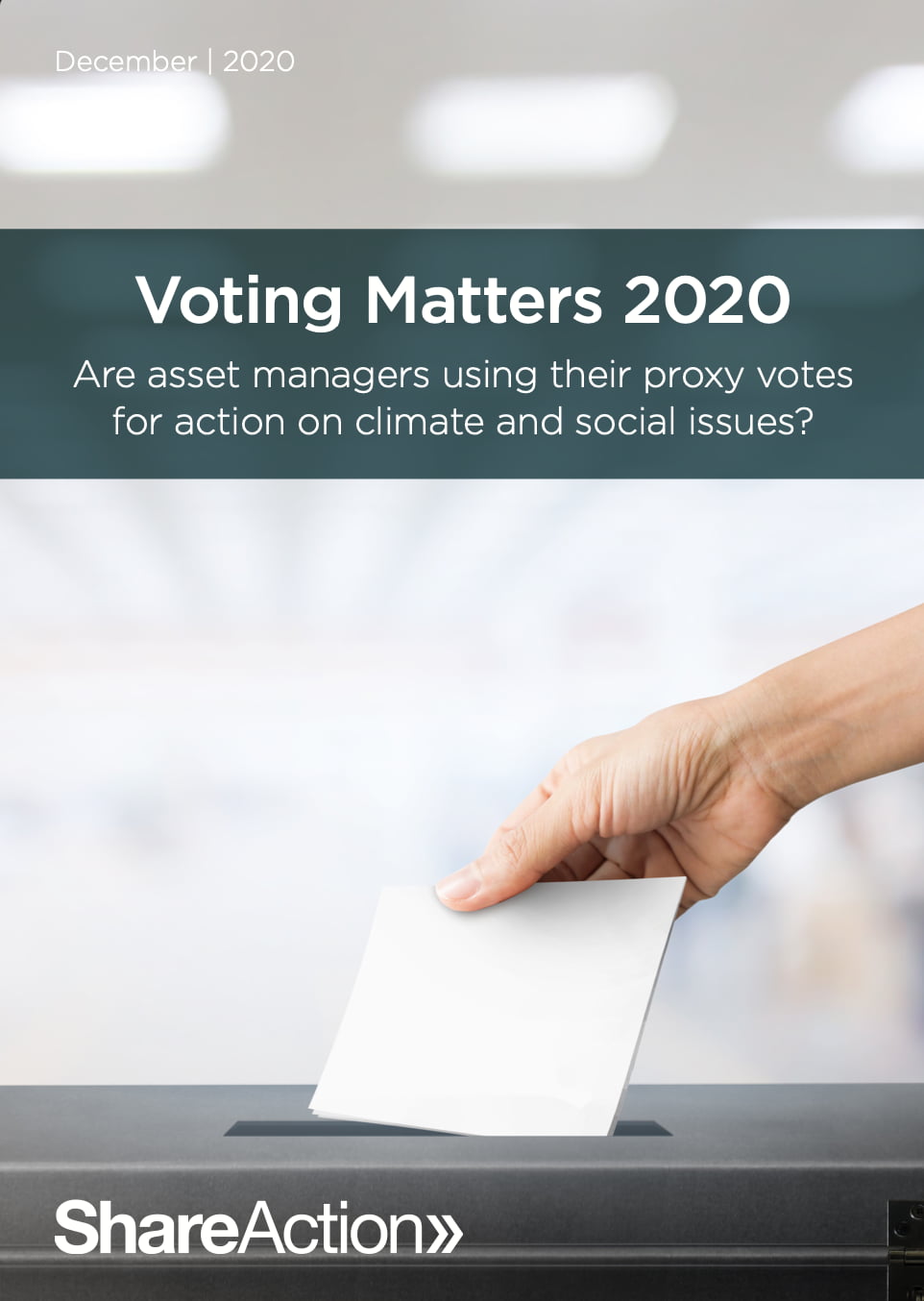
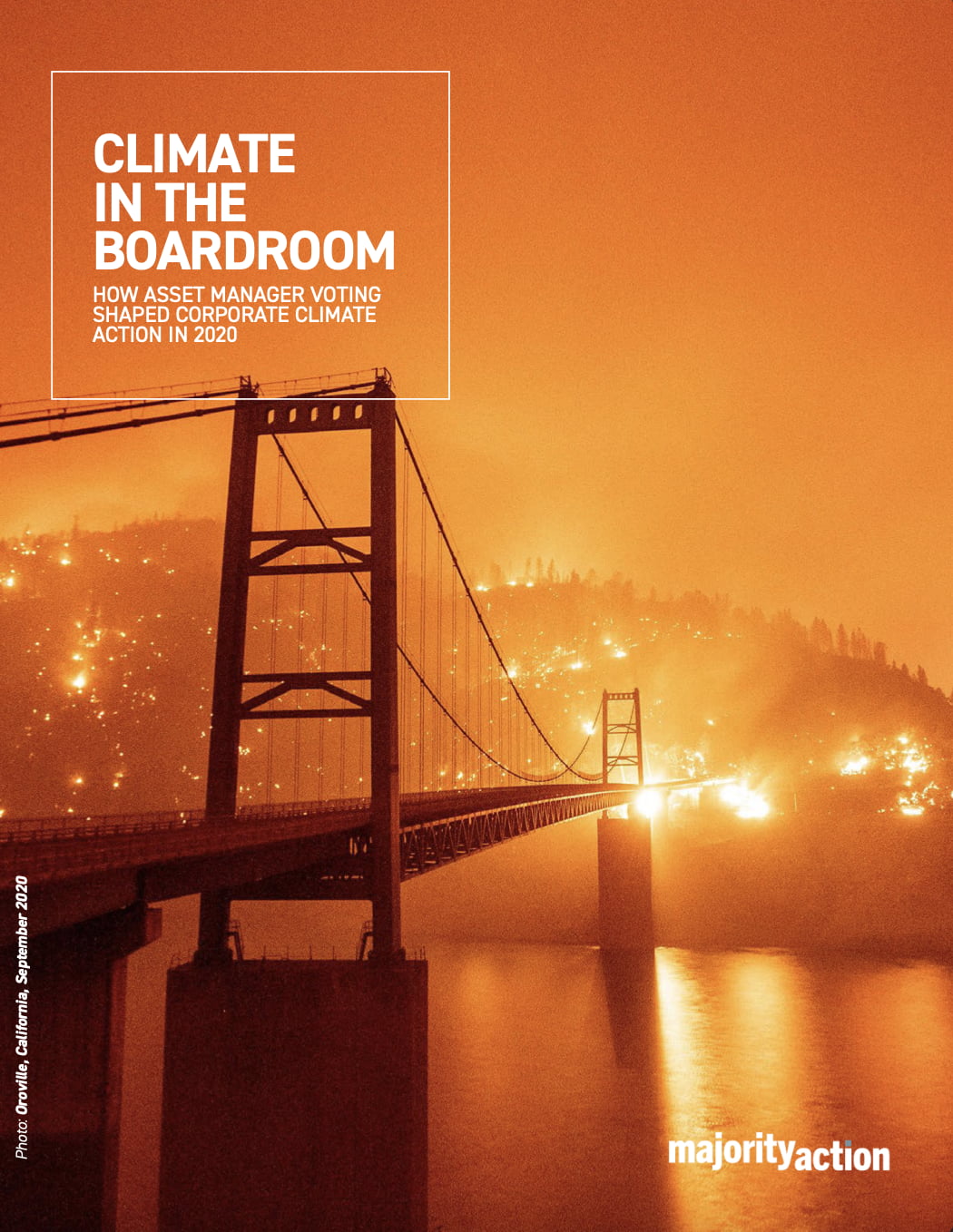
Share